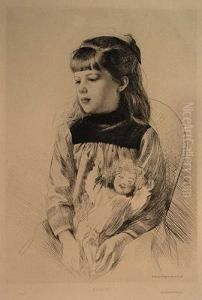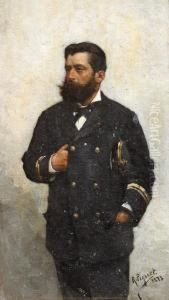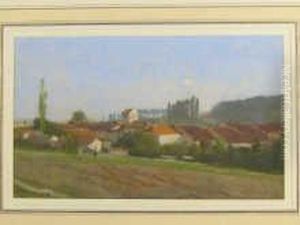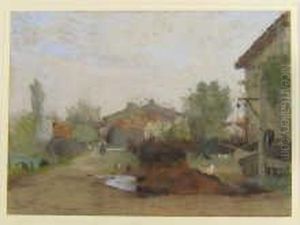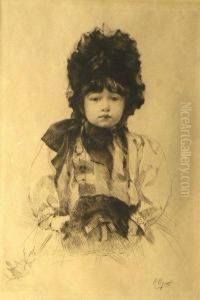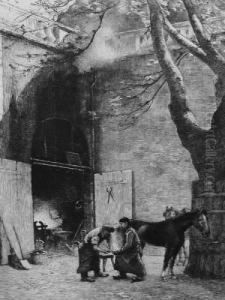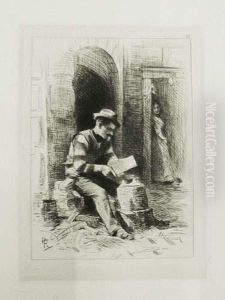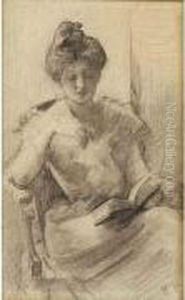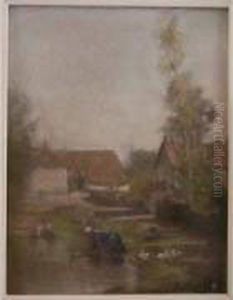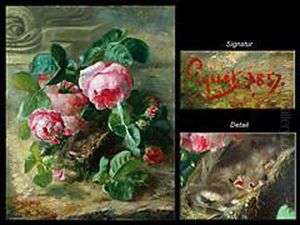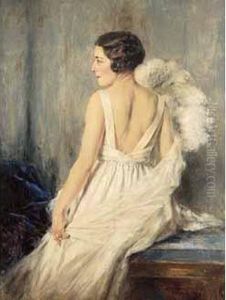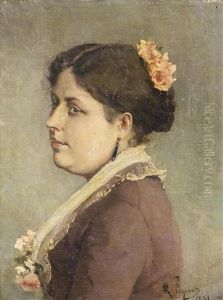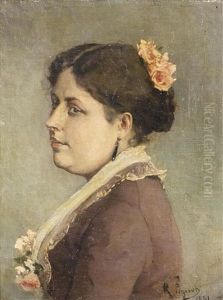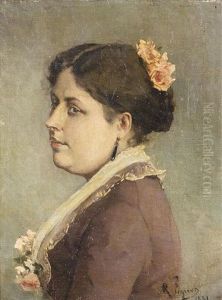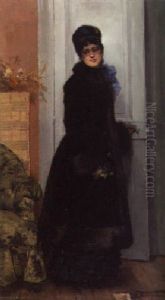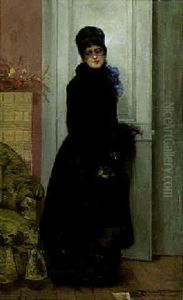Rodolphe Piguet Paintings
Rodolphe Piguet was a Swiss-born French perfumer, not primarily known as an artist in the traditional sense of painting or sculpture, but rather as an artist in the realm of fragrance. Born in 1888 in Switzerland, Piguet moved to France, where he would eventually establish himself as one of the most innovative and influential figures in the world of haute couture fragrances. Although details about his early life and education are scarce, it is known that Piguet had a profound passion for perfumery from an early age and was determined to make a mark in the French luxury industry.
Piguet founded his perfume house, Parfums Piguet, in 1944 in Paris, at a time when the city was regaining its status as the global center of fashion and luxury goods after World War II. His approach to perfume-making was revolutionary, combining traditional French craftsmanship with innovative scents that challenged the olfactory status quo. Piguet's creations were not merely fragrances; they were considered masterpieces of their time, capturing the essence of elegance, sophistication, and avant-gardism.
One of Piguet's most iconic perfumes, 'Bandit', was launched in 1944. It was created by the renowned perfumer Germaine Cellier and is often regarded as a landmark in the history of perfumery. 'Bandit' was a bold, unconventional fragrance that perfectly encapsulated the post-war era's spirit of liberation and renewal. It was followed by other notable creations such as 'Fracas' in 1948, another masterpiece by Cellier, which became synonymous with femininity and luxury. These perfumes cemented Piguet's reputation as a visionary in the perfume industry.
Rodolphe Piguet's influence extended beyond his olfactory creations. His vision and aesthetic sensibilities helped shape the perfume industry's future, setting new standards for quality, creativity, and innovation. Piguet's legacy is not only preserved in the timeless scents he created but also in his contribution to establishing perfume as an essential component of haute couture.
Piguet passed away in 1953, but his name and legacy continue to thrive in the luxury perfume industry. The house of Piguet remains a symbol of craftsmanship and avant-garde elegance, upholding the standards set by its founder. Rodolphe Piguet is remembered not just as a perfumer but as an artist who painted with scents, forever changing the landscape of fragrance design.
